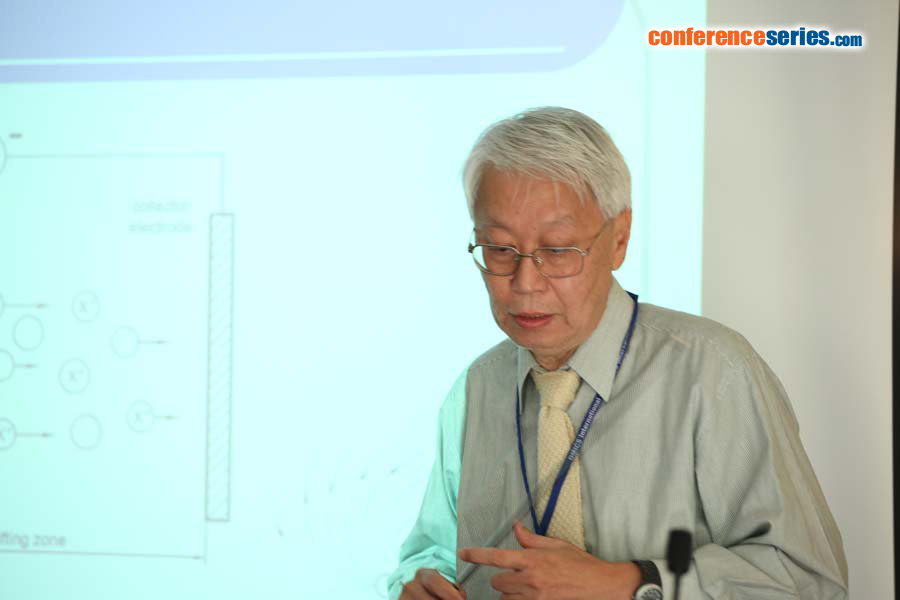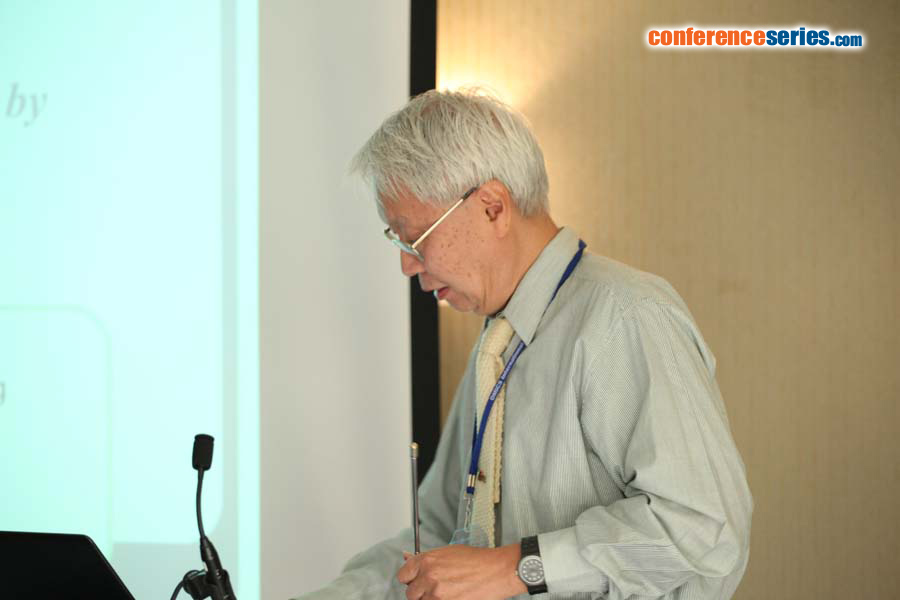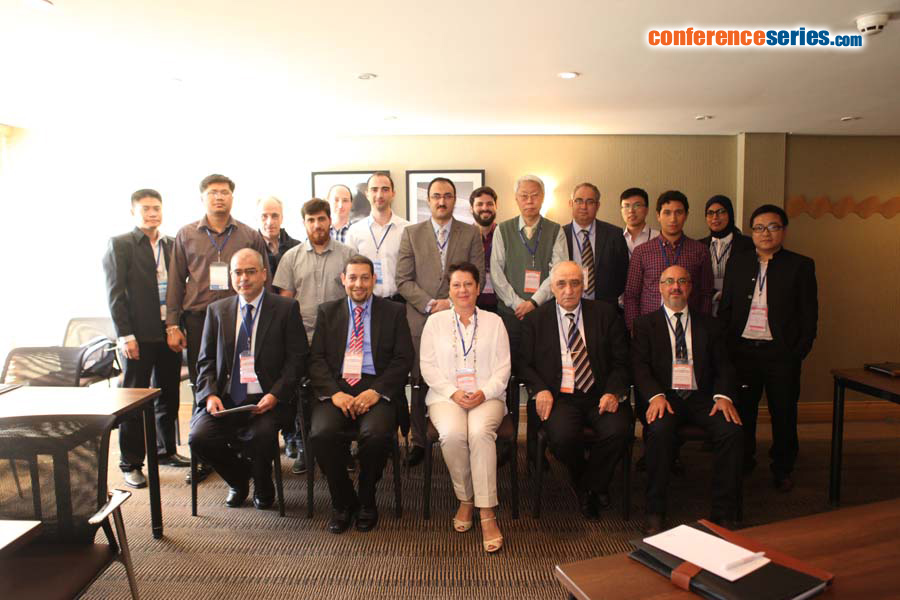
Yeng-Yung Tsui
National Chiao Tung University, Taiwan
Title: Heat transfer enhancement by corona discharge
Biography
Biography: Yeng-Yung Tsui
Abstract
Both theoretical and experimental procedures are employed to study the effect of corona discharge on heat transfer over a plate. The heated plate is grounded to form the collecting electrode. A thin copper plate is perpendicular to the collector and acts as the emitting electrode. A numerical procedure based on finite-volume methods is developed to analyze the electric and flow fields. Good agreements are obtained by comparing numerical predictions with analytical solutions for 1-D, 2-D and 3-D discharge problems. The experimentally determined current-voltage relations are used as boundary conditions in simulations. Heat transfer is enhanced by the ionic flow due to the corona discharging, which entrains more air to form a stagnation flow onto the heated collecting plate. Differences between predicted and measured temperatures are more significant when the applied voltage is low. This is mainly due to the heat loss from the heated plate which appears in the experiments but not accounted for in numerical simulations. The heat loss is relatively minor as the applied voltage increases, resulting in better agreements. It is found that the induced electric currents are high for smaller inter-electrode gap, leading to greater corona effect. However, the applied voltage allowed before breakdown of the corona discharge is higher for large gap, giving better heat transfer enhancement. This indicates that the inter-electrode distance and applied voltage need to be optimized to achieve the best performance
Speaker Presentations
Speaker PPTs Click Here




